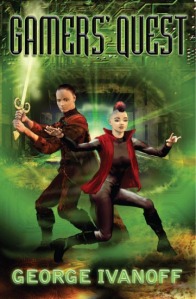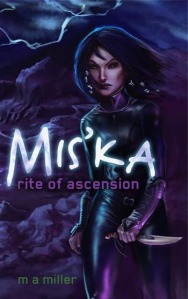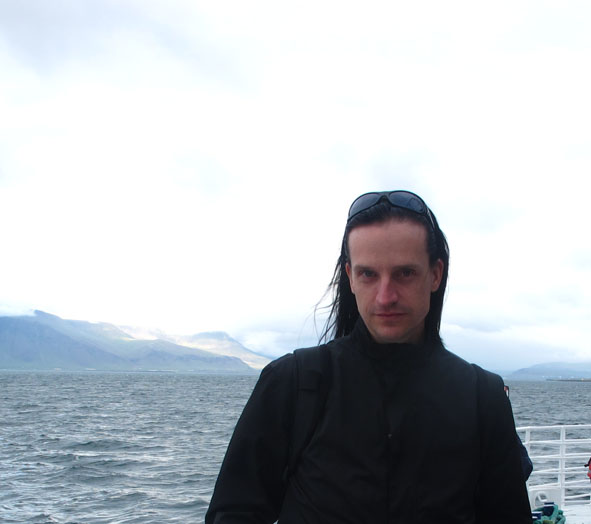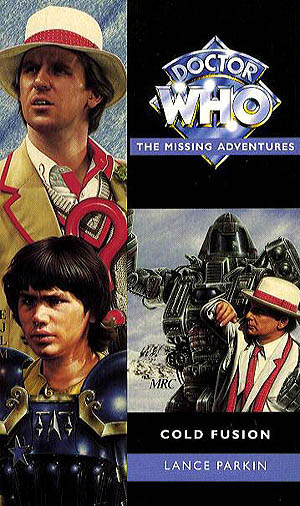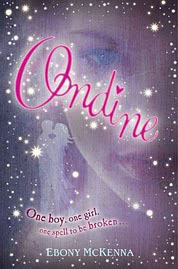Today I have a guest blog from YA science fiction author, George Ivanoff. George offers an author’s perspective on AussieCon 4.
Self-promotion on the world stage
By George Ivanoff
Recently I attended Aussiecon 4, the 68th World Science Fiction Convention. It’s the fourth time that this annual world convention has been held in Melbourne. As a long-time science fiction fan, I’ve attended three of these four conventions.
But this time, the experience was a little different. It was brought into focus for me when I had dinner with some interstate friends. One of those friends said to me: “This must be really different for you. The last time you attended a Worldcon you did so as a fan … this time around you’re here as an author”.
It was true. I wasn’t there just to enjoy myself, I was there to promote.
The promotion was in a dual capacity. Firstly I was there to promote my YA science fiction novel, Gamers’ Quest. This was particularly important as my publisher, Ford Street Publishing, had a table in the dealers’ room. Secondly, I was there to promote myself generally as a writer, which involved networking with the editors and publishers in attendance.
My involvement with the convention actually began many months ago. I submitted a number of suggestions for panel discussions that I could participate in. These were:
“Game on! Games and YA spec fic”
This panel was about the use of games, particularly computer games, in YA fiction. This worked in nicely with Gamers’ Quest, which is set entirely within a computer game environment.
“Playing in someone else’s sandpit: franchise writing”
I’ve done a small amount of franchise writing — a Doctor Who short story and a Behind the News book. It is an area of writing that I would like to pursue further. So I thought it would be good to be on a panel with a bunch of authors who had more experience that I. And it was.
“Making a living: Professional writing for speculative fiction authors”
This was a panel discussing how to actually make a living from writing. It gave me the opportunity to talk about the different types of writing I do and to make it clear to any editors and publishers in the audience that I was always on the look-out for new writing opportunities.
I also put my name down to appear on a number of other panels. Some (like “YA science fiction – a guy thing?”) were directly related to my writing, while others (like “We are all fairy tales: Doctor Who’s fifth season”) were not. But they all helped to get my name out there. Of course, I also did a reading and a book signing, as well as doing a couple of items on the kids’ program.
Was it worth it? Did I achieve anything? YES! At the very least, my presence at the convention helped my publisher to sell copies of Gamers’ Quest. YA fiction is popular beyond its target audience, so the fact that most of the attendees were adults didn’t seem to harm sales.
I also made some good professional contacts, which I am now in the process of following up. The convention had an entire stream of panels dedicated to YA literature. I learned a lot about current trends, publishers and what editors were looking for, by attending panels in this stream.
So, YES, the experience was definitely worth it, in many ways. If Australia ever hosts another Worldcon, I’ll be there!
And I did manage to find the time to have fun as well. If you’re interested in a more general round-up of my experiences at Aussiecon 4, check out my post, Aussiecon 4 Memories at my blog, Literary Clutter.
George’s bio
George Ivanoff is an author and stay-at-home Dad residing in Melbourne. He has written over 40 books for children and teenagers. His latest novel, Gamers’ Quest, is currently in bookstores. Two of his books have been on the booklist for the Victorian Premier’s Reading Challenge since its inception in 2005.
George has also had stories published in numerous magazines and anthologies. Click here to check out George’s website.
More info about Gamers’ Quest is available from the official website.
